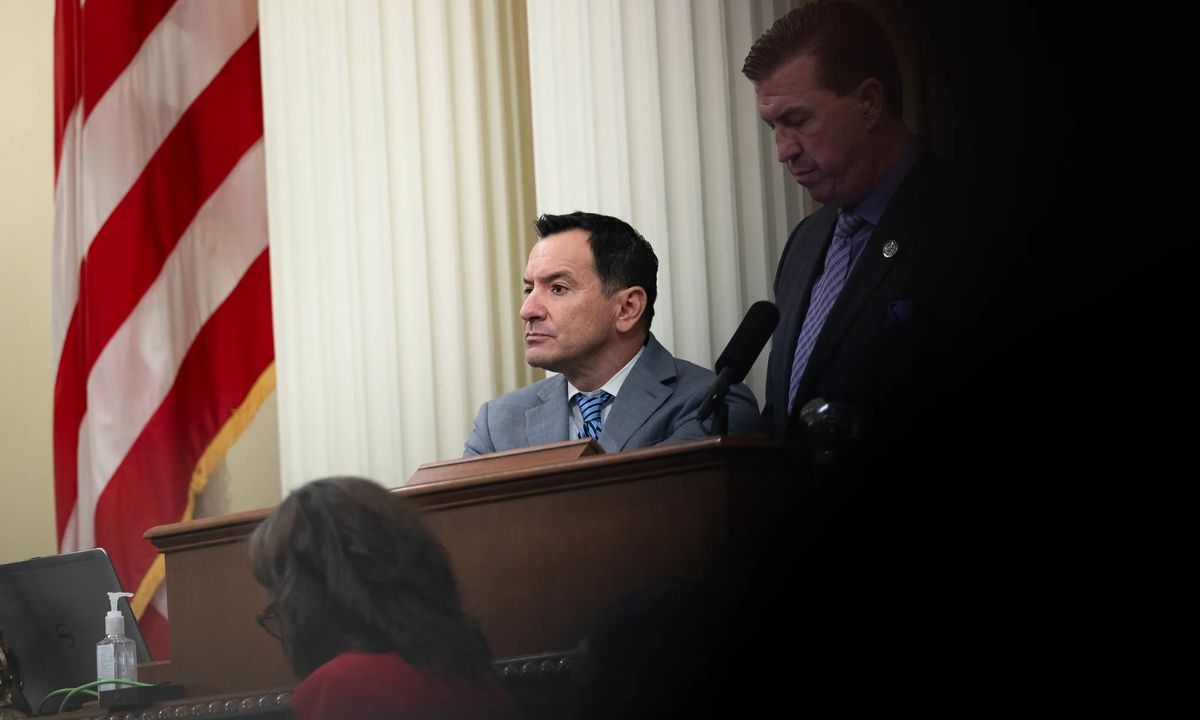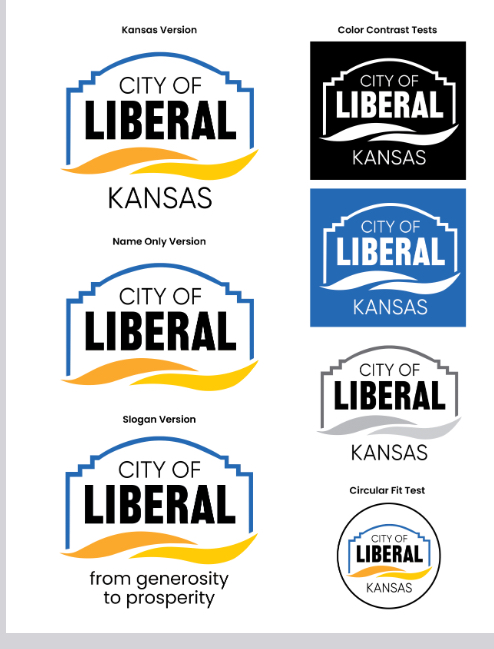Register right away.
A carefully chosen selection of articles on a significant early care and education issue are included in this roundup.
The fact that there isn’t enough money in the system to make the economics work is a given in early care and education. This is at the heart of the sector’s failed market: in the absence of adequate finance, supply is still limited, teacher pay is still poor, quality is still in doubt, and parent costs are still exorbitant. Without a significant change in the way the field is financed, not much can change.
Several U.S. states and foreign nations are beginning to test different funding reforms. The stories gathered below highlight several funding approaches, all of which suggest that there are other routes to a more robust and sustainable system if the present quo is untenable and small changes prove insufficient.
A $475 million annual fund that provides monthly operational subsidies to the majority of the state’s child care providers is possibly the most notable example of how Massachusetts is gradually establishing a strong and all-encompassing early learning system. Due in large part to the state’s Fair Share constitutional amendment, which increased taxes on millionaires, these advancements, which were initiated during the pandemic, have now been made permanent.
Ireland’s market-based child care system, which is comparable to that of the United States, has been undergoing significant modifications since 2019. In order to support child care operations and raise provider compensation, this paper looks at the new regulatory regime, which includes an innovative core finance mechanism.
In 2021, the Canadian government made a commitment to the Canada-Wide Early Learning and Child Care (CWELCC) system, which aims to increase program quality and quantity while bringing average parent expenses down to $10 per day. This article provides insight into the early stages of Canada’s CWELCC system rollout, which was supported by historic federal funding. Eight provinces and territories have achieved the $10 per day goal since the initiative’s inception, and all provinces have seen average parent cost reductions of 50% or more.
Community activists pushed for universal preschool in Multnomah County, Oregon, in 2020. During the COVID-19 epidemic, the campaign demonstrated the potential impact of local funding initiatives. The legislation, which now brings in well over $100 million annually from a tax on wealthy households, was easily approved by Multnomah voters.
A constitutional amendment that allocated a portion of the state’s natural resources trust fund to early childhood education was passed in New Mexico in 2022. This ongoing source of income has significantly reduced the poverty rate in the state and allowed New Mexico to provide free child care to a large number of families. The story of Bryce Covert delves deeply into the state’s initiatives.
Ten years of advocacy, lobbying, and coalition building are attributed with the success.
Act 76, Vermont’s significant child care reform measure, was signed into law in 2023. The first payroll tax in the country devoted to child care is used in Act 76. Similar to New Mexico, Vermont has expanded family child care assistance and increased the number of child care providers in the state, particularly family child care providers, by using this steady stream of funds. The specifics are revealed in Rebecca Gale’s account.











